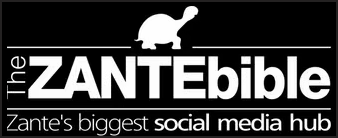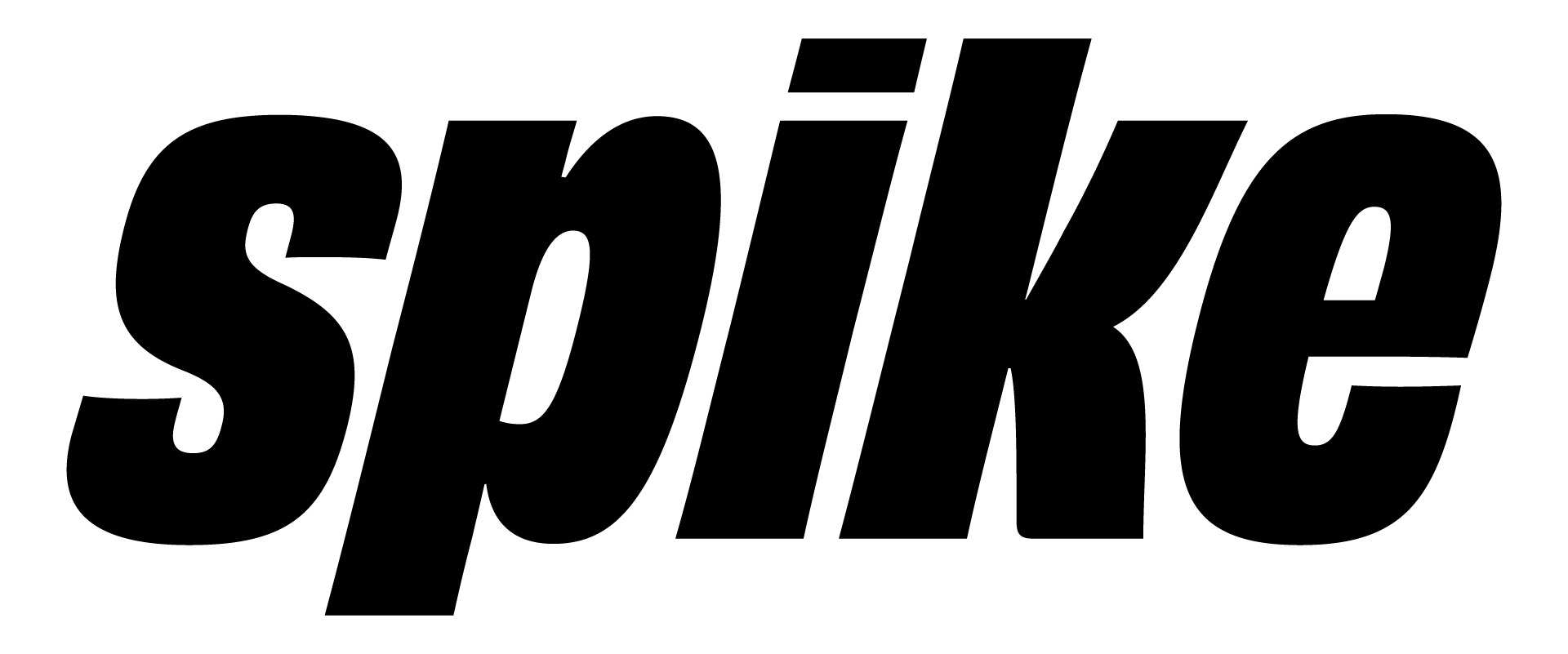Monday's announcement means an extra 120 MHz of spectrum will be available for 4G from 2014 at the latest to try to accommodate a sharp rise in the use of such services on mobile devices.
The radio spectrum, used by all wireless technologies for sending and receiving information, is becoming increasingly crowded as mobile demand adds to TV and radio broadcasting in using a resource also needed by emergency services and military telecommunications.
Industry estimates put growth in global mobile data traffic at 26 percent annually by 2015. According to networking firm Cisco Systems, mobile data traffic volumes in the European Union are expected to increase by more than 90 percent each year for the next 5 years.
Superfast 4G mobile communications allow the use of data-heavy services such as video conferencing. "This extra spectrum for 4G in Europe means we can better meet the changing and growing demand for broadband," said Neelie Kroes, European Union Commissioner for digital policy.
Freeing up additional spectrum would also help the EU address competition from countries such as the United States and Japan, where wireless services are among the world's fastest.
Source: Reuters







